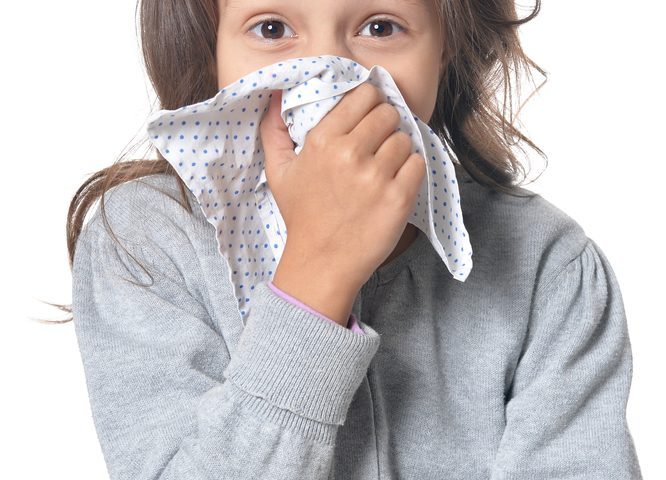Children with juvenile idiopathic arthritis (JIA) seem to be less concerned about how their teeth look than children without JIA, a new study has found. This suggests that clinicians should be careful about proposing cosmetic orthodontic treatments for children with JIA.
The study, “The Psychological Impact of Dental Aesthetics in Patients with Juvenile Idiopathic Arthritis Compared with Healthy Peers: A Cross-Sectional Study,” was published recently in the Dentistry Journal.
In a sizable portion of people with JIA, the joints in the jaw are affected, and this can lead to a host of dental problems that may require care. However, this also can cause teeth to be crooked (called dental malocclusion) without having much of an effect on the mouth’s ability to properly function.
For most people, orthodontic treatment can help straighten teeth, but if the goal is purely cosmetic, a host of different factors will affect whether a person receives, or even desires, such treatment.
In the new study, researchers wanted to know how children with JIA tend to feel about the aesthetics of their mouths.
To find out, the team assessed 50 children with JIA (30 boys, 20 girls, average age 15 years) and 80 children without JIA (30 boys, 50 girls, average age 15.1 ).
The children’s perceptions of their mouths were assessed using the Psychosocial Impact of Dental Aesthetics Questionnaire (PIDAQ), in which higher scores indicate a greater impact of dental aesthetics on quality of life. This was controlled using the Dental Aesthetic Index (DAI), a clinician-assessed score that also evaluates dental aesthetics, with high scores indicating a greater need for treatment.
The researchers found that PIDAQ scores varied significantly with DAI scores in the control group. That is, children without JIA who had more severe aesthetic complications, as assessed by the clinical, reported a greater impact of dental aesthetics on quality of life. However, among children with JIA, no such correlation was found.
According to the researchers, this suggests that children with JIA care less about dental cosmetics than unaffected peers.
“A possible explanation for less attention paid by adolescents with JIA to their dental aesthetic could be due to some aspects related to their daily lives. Indeed, JIA patients usually present a lower physical well-being dimension associated with increased difficulties in performing regular physical activity as compared with healthy subjects,” the researchers explained.
“Moreover, these patients are constantly treated for their chronic pathology and they also undergo regular medical consultations due to pain, physical disability and eye-related problems (uveitis) that negatively affect their emotions, their possibility to attend school and their daily activities,” they added.
This could mean that the nature of JIA, which involves a “complex medical context” that begins early in childhood, could lower awareness related to concerns regarding dental aesthetics.
The researchers did note that they recruited healthy controls who had come to their clinic seeking dental work; so, it is likely their sample is somewhat skewed, which may limit the extent to which these results can be generalized.
On average, children with JIA also had higher PIDAQ scores related to their dental self-esteem (10.18 vs. 7.67) and lower scores related to how much they viewed their own teeth negatively (3.26 vs. 4.66).
“The dental aesthetics in adolescents with JIA did not significantly alter their psychosocial domains as much as it did for healthy peers,” the researchers concluded in the paper. “Therefore, orthodontic treatment aiming only to improve the dental aesthetics of JIA patients must be done with caution since no clear impairment of the psychological and social lives of these individuals has been observed due to the dental malocclusion.”

